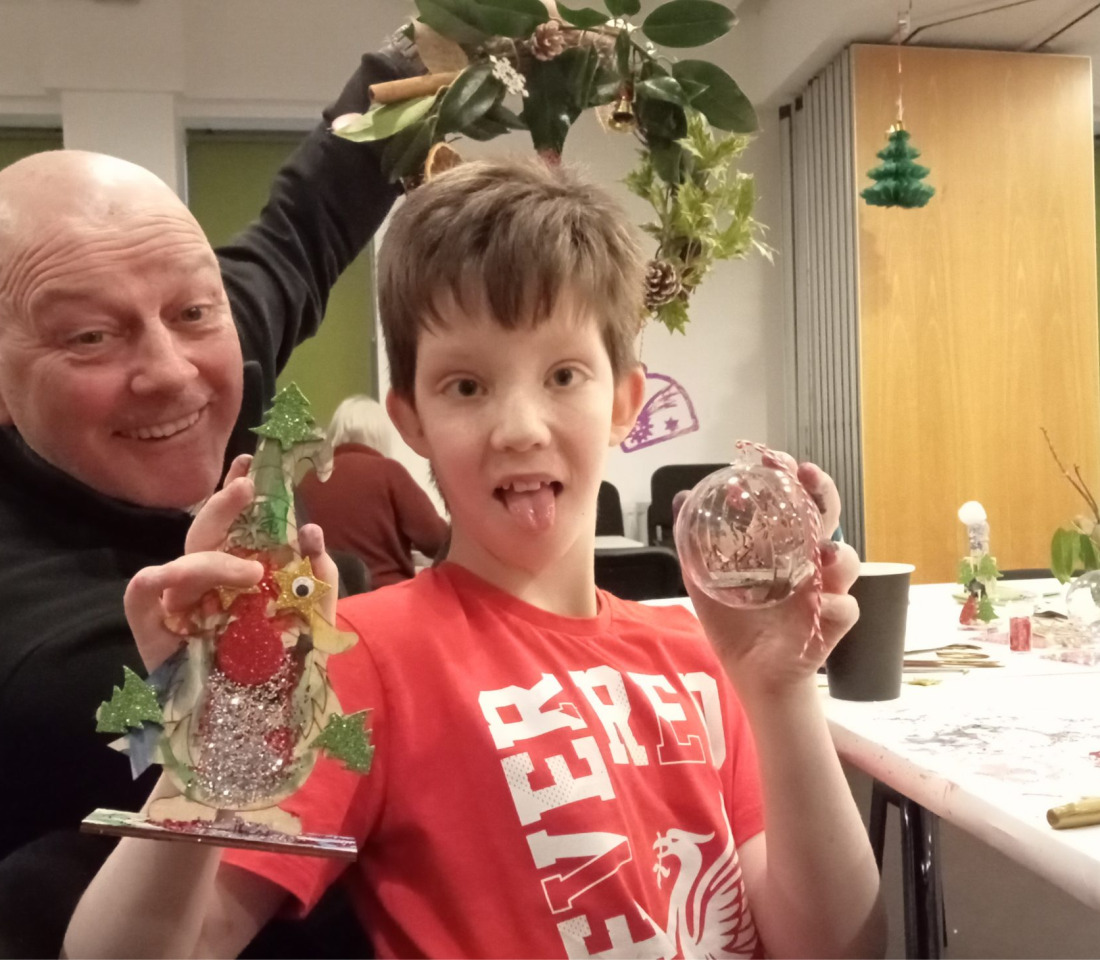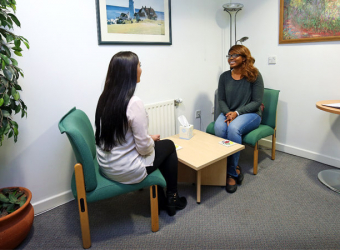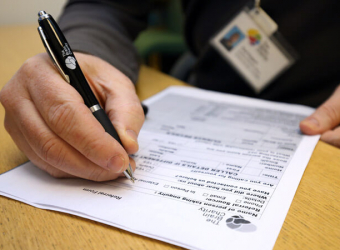What are cluster headaches?
Cluster headaches are very painful headaches on one side of the head, usually around the eye.
What causes cluster headaches?
Cluster headaches usually start suddenly and last between 15 minutes and 3 hours. They can occur 1 to 8 times a day, often at the same times each day.
Cluster headaches are rare, and their exact cause is unclear.
They have been linked to a part of the brain called the hypothalamus, and seem to be more likely among people who smoke.
Cluster headaches are also known to be triggered by alcohol and strong smells.
What are the symptoms of cluster headaches?
Symptoms of a cluster headache include:
- Extreme pain on one side of the head, which can cause feelings of restlessness and agitation
- A red and watering eye
- A swollen or drooping eyelid
- Sweating
- A smaller pupil in one eye
















